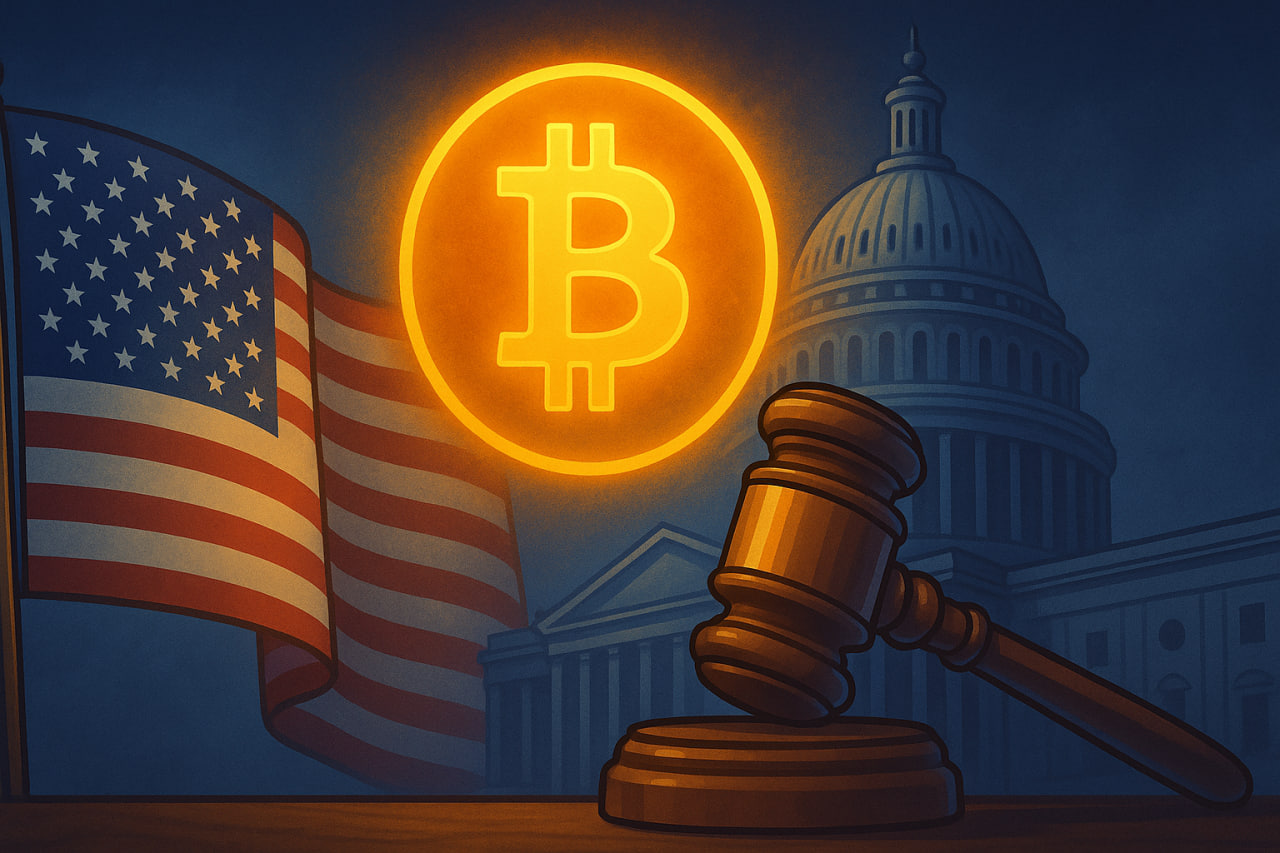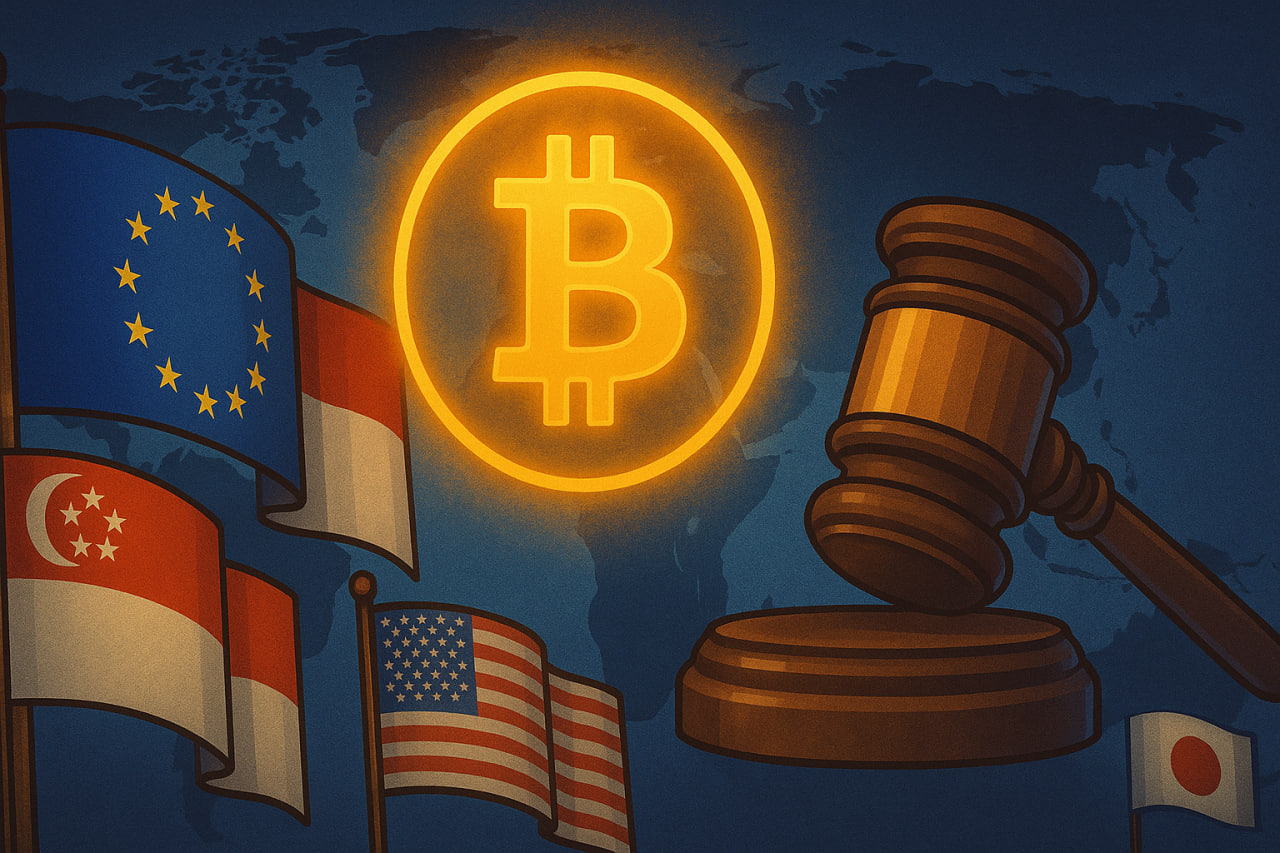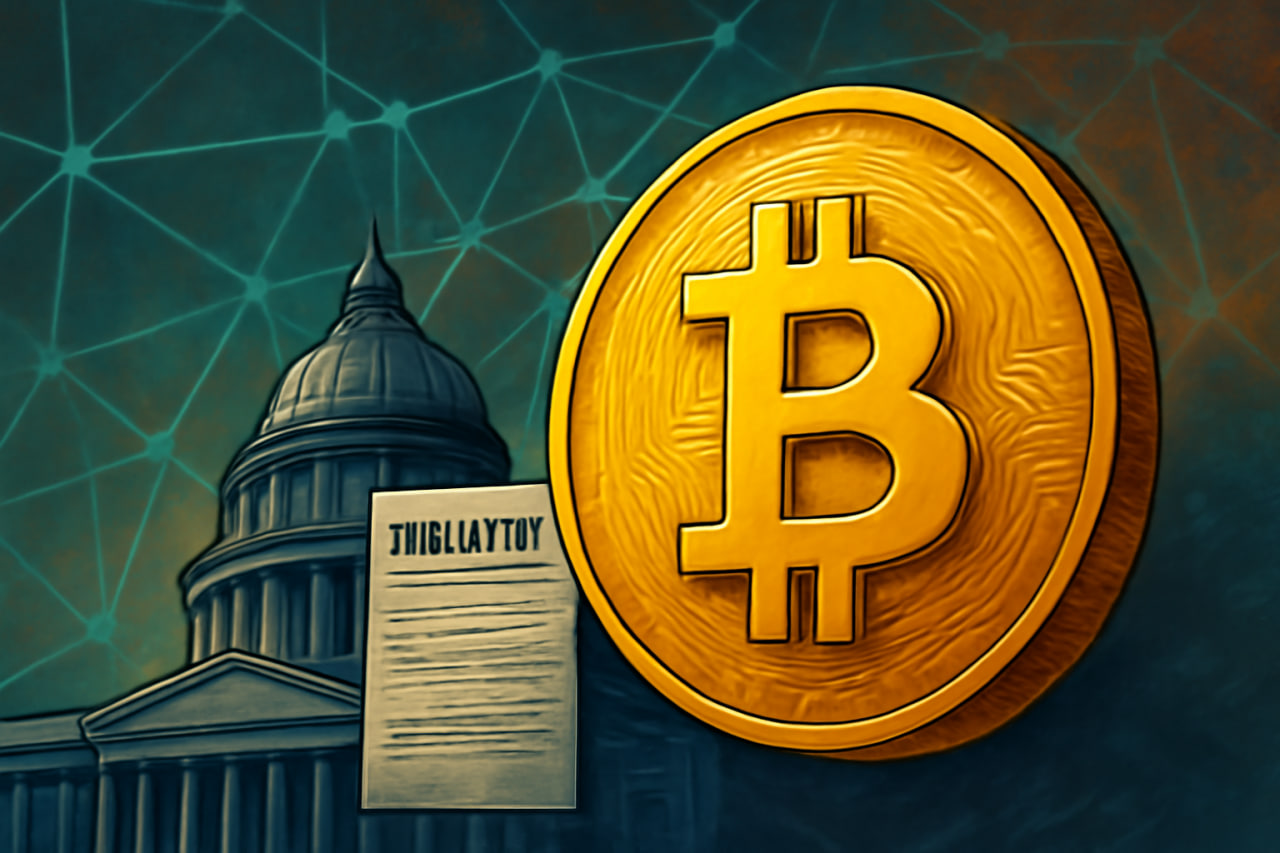1. Overview of the Latest Policy Changes

Before diving into the deeper implications, it’s essential to understand the key policy revisions that have recently taken place regarding Bitcoin in El Salvador. In this section, we outline what has changed and why these changes matter.
1.1 The Removal of Bitcoin as Legal Tender
In January 2025, the government of El Salvador officially removed Bitcoin from its list of legal tender. This decision marks a dramatic policy reversal from the country’s earlier embrace of digital currencies.
-
Background of the Decision: The change came after amendments were made to the nation’s Bitcoin Law to meet the stringent requirements set by the International Monetary Fund (IMF).
-
Key Implications: As a result, Bitcoin is no longer considered a mandatory medium of payment. It cannot be used for routine transactions, including the payment of taxes, signaling a shift towards more traditional financial systems.
2. Regulatory Revisions and IMF Influence
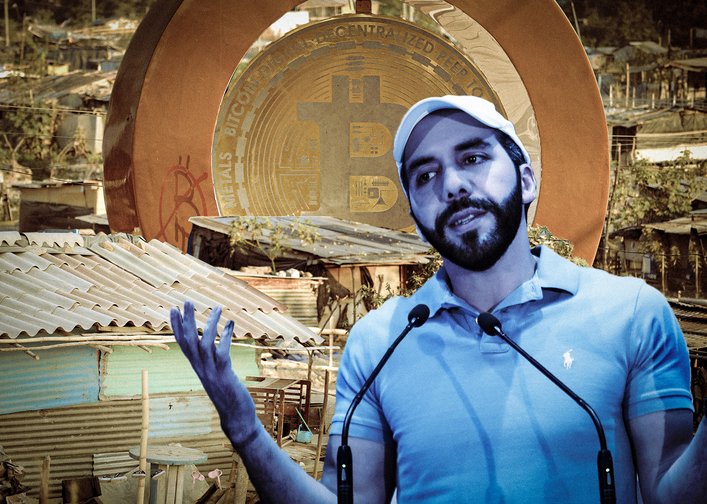
El Salvador’s recent policy transformation was shaped not only by domestic concerns but also by international financial pressures. This section delves into the regulatory revisions and the significant influence of the IMF on the country’s Bitcoin strategy.
2.1 Revised Bitcoin Law
The core of the policy change lies in the revised Bitcoin Law enacted in 2025.
-
Amendments to Meet IMF Conditions: To secure a crucial $1.4 billion USD loan from the IMF, El Salvador overhauled its Bitcoin regulations, aligning them with international financial standards.
-
Impact on Bitcoin’s Role: The new law explicitly states that Bitcoin can no longer be used as a compulsory means of payment or for settling tax obligations. This step is seen as an effort to reduce systemic risks and boost the nation’s credibility in global financial markets.
The regulatory overhaul reflects both external financial pressures and an internal desire to stabilize the national economy.
2.2 Government and International Financial Dynamics
The shift in policy was also driven by broader economic considerations:
-
IMF’s Influence: The IMF’s rigorous requirements prompted the government to prioritize fiscal stability over the experimental use of cryptocurrencies.
-
Balancing Innovation and Stability: Critics argue that this move marks the end of El Salvador’s bold crypto experiment, while proponents view it as a necessary adjustment for long-term economic health.
3. Economic and Social Impacts on the Crypto Community
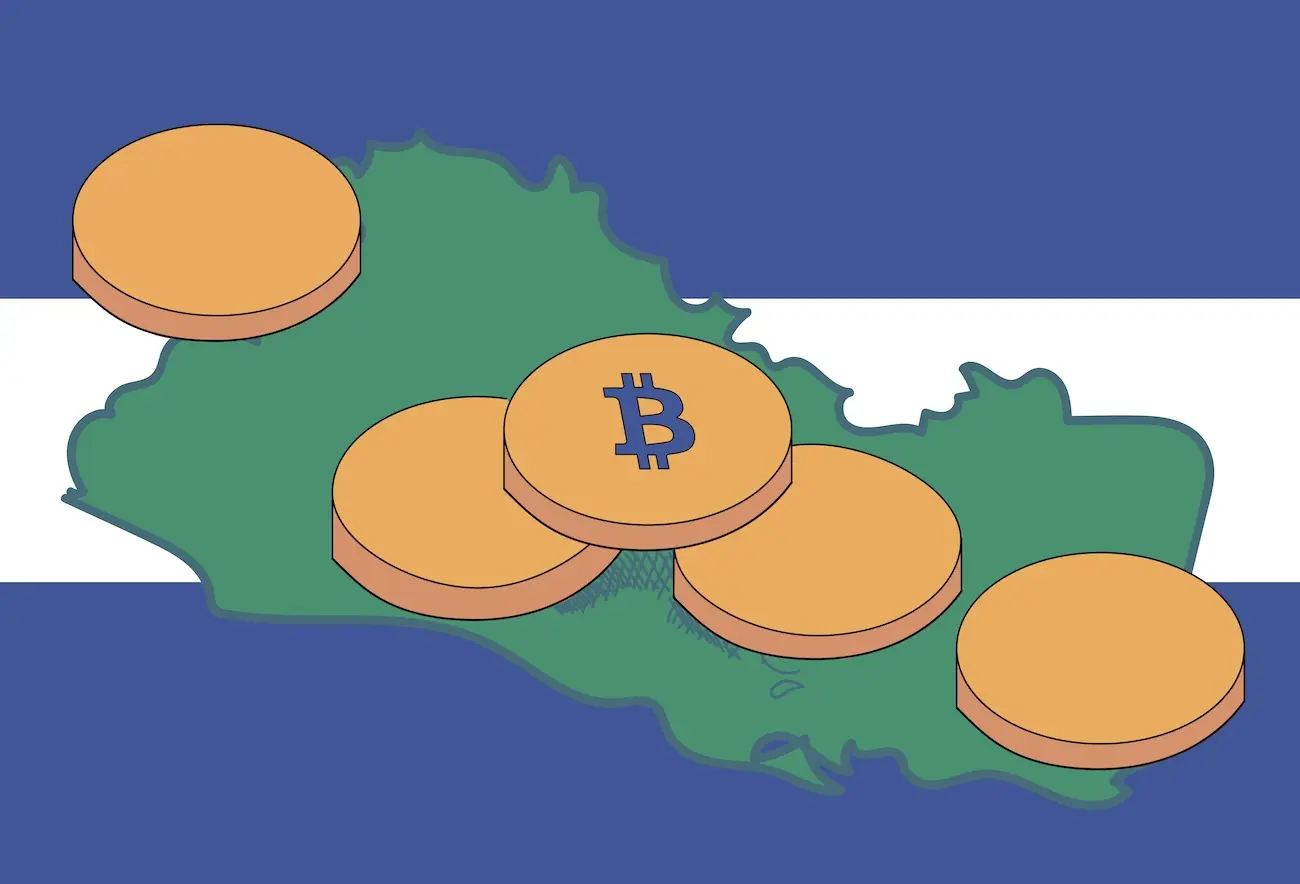
The recent changes have sparked diverse reactions among stakeholders. This section examines how the policy reversal has impacted both the traditional financial sector and the vibrant crypto community within El Salvador.
3.1 Impact on Traditional Finance
For many, the removal of Bitcoin as legal tender is seen as a step toward restoring conventional monetary policies.
-
Restoring Conventional Practices: The policy shift is aimed at reducing the risks associated with high market volatility, thereby aligning the country more closely with global financial institutions.
-
Boosting International Confidence: By demonstrating fiscal responsibility and regulatory compliance, the government hopes to attract more conservative investors who were wary of the nation’s earlier experimental stance.
This move represents a strategic pivot intended to enhance economic stability and international credibility.
3.2 Response from the Crypto Community
The crypto community has responded with mixed emotions.
-
Debate Over National Identity: Many enthusiasts who once celebrated El Salvador as a “crypto nation” now face uncertainty about the country’s future role in digital finance.
-
Continued Engagement: Despite the rollback, the government continues to support crypto initiatives through educational programs and periodic Bitcoin purchases, indicating that its commitment to blockchain innovation remains intact.
4. Future Prospects for El Salvador Bitcoin
.jpg)
Looking ahead, the future of Bitcoin in El Salvador is filled with both challenges and opportunities. This section explores potential scenarios and strategic pathways as the nation adapts to its new regulatory environment.
4.1 Potential for a New Crypto Strategy
The policy adjustments may pave the way for a redefined approach to digital currency use.
-
Rethinking Digital Currency Integration: The government might introduce initiatives that strike a balance between fiscal responsibility and continued innovation in blockchain technology.
-
Opportunities for Private Sector Innovation: With clearer regulations, private enterprises could develop new financial products that incorporate digital currencies without relying on their legal tender status.
4.2 International Reactions and Market Implications
The global financial community is watching El Salvador closely as it navigates these changes.
-
Influence on Global Policies: The nation’s decision has ignited discussions among international investors and policymakers about the viability of national crypto adoption.
-
Market Dynamics: While some view the policy shift as a setback, others believe it could foster a more stable and mature market environment, ultimately benefiting the digital asset ecosystem.
5. Historical Milestone: El Salvador as the World’s First Bitcoin Nation
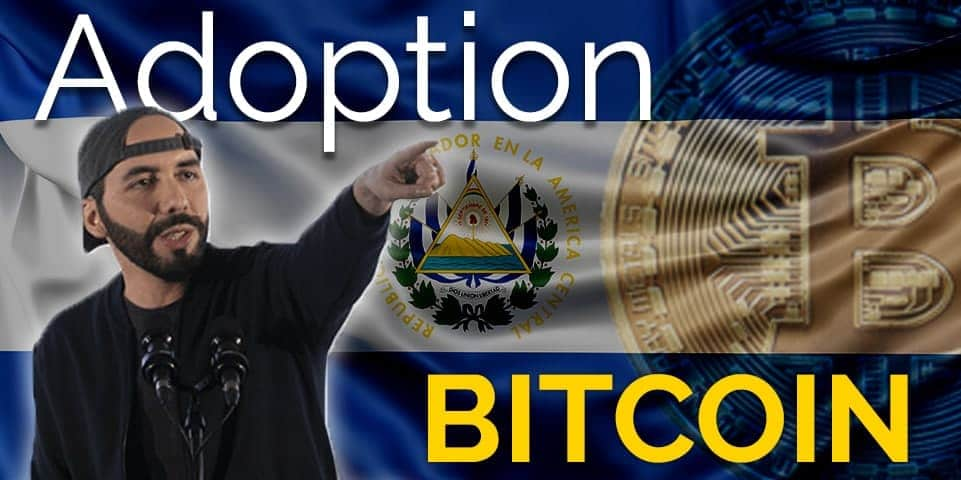
No discussion about El Salvador Bitcoin would be complete without reflecting on the country’s groundbreaking move in the past. This section revisits the historic moment when El Salvador became the first nation to adopt Bitcoin as legal tender.
5.1 The Pioneering Move in 2021
In September 2021, under the leadership of President Nayib Bukele, El Salvador made headlines by becoming the world’s first country to recognize Bitcoin as legal tender.
-
Historic Significance: This bold move was intended to promote financial inclusion, stimulate economic growth, and position El Salvador as a hub for innovation in digital finance.
-
Public Reception: The decision was met with both enthusiasm and skepticism. Proponents saw it as a revolutionary step towards modernizing the financial system, while critics raised concerns over Bitcoin’s volatility and the potential risks for the nation’s economy.
5.2 Legacy and Ongoing Impact
The legacy of becoming the first Bitcoin nation continues to influence El Salvador’s economic and regulatory landscape.
-
Catalyst for Change: Despite recent policy reversals, the 2021 adoption of Bitcoin remains a landmark moment that spurred further exploration of digital currencies worldwide.
-
Evolution of National Policy: The historic embrace of Bitcoin laid the groundwork for innovative financial strategies, even as subsequent developments have led to a more cautious approach in response to international pressures and economic realities.
6. Conclusion
The developments surrounding El Salvador Bitcoin in 2025 represent a significant turning point in the nation’s financial strategy. The removal of Bitcoin as legal tender, driven by regulatory revisions and IMF conditions, marks a clear shift from the country’s earlier experimental approach. While traditional financial perspectives welcome this move for its potential to stabilize the economy, the crypto community remains divided over what this means for El Salvador’s identity as a pioneer in digital finance.
Looking back at the historic moment when El Salvador first adopted Bitcoin as legal tender in 2021, it is evident that the nation’s journey with digital currencies has been both groundbreaking and tumultuous. As El Salvador navigates these policy changes, the future of its digital currency strategy will likely involve a delicate balance between innovation and economic stability.
By staying informed and adapting to these shifts, investors, policymakers, and crypto enthusiasts can better understand the implications of these developments and prepare for the evolving landscape of global finance. The story of El Salvador Bitcoin is far from over, and its legacy continues to influence discussions on the future of money worldwide.
Read more:


 Tiếng Việt
Tiếng Việt.png)



